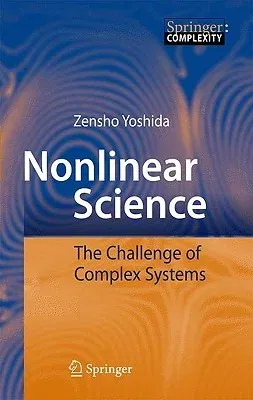Modern science has abstracted, as compensation for establishing
rigorousness, the complexity of the real world, and has inclined toward
oversimpli?ed ?ctitious n- ratives; as a result, a disjunction has
emerged between the wisdom of science and reality. Re?ecting on this, we
see the need for science to recover reality; can it reveal new avenues
for thought and investigation of the complexity? The study of science is
the pursuit of clarity and distinctness. Physics, after Galilei placed
it in the realm of mathematics, has been trying to establish clearness
by mathematical logic. While physics and mathematics, respectively, have
different intellectual incentives, they have intersected in history on
countless occasions and have woven a ?awless system of wisdom. The core
of rigorous science is always made of mathematical logic; the laws of
science cannot be represented without the language of mathematics.
Conversely, it is undoubtedly dif?cult to stimulate ma- ematical
intellect without a reference to the interests of science that are
directed to the real world. However, various criticisms have been raised
against the discourses of sciences that explain the events of the real
world as if they are "governed" by mathematical laws. Sciences, being
combined with technologies, have permeated, in the form of technical
rationalism, the domain of life, politics, and even the psychological
world. The criticisms accuse seemingly logical scienti?c narratives of
being responsible for widespread destruction and emergence of crises,
unprecedented suffering of hum- ity.

